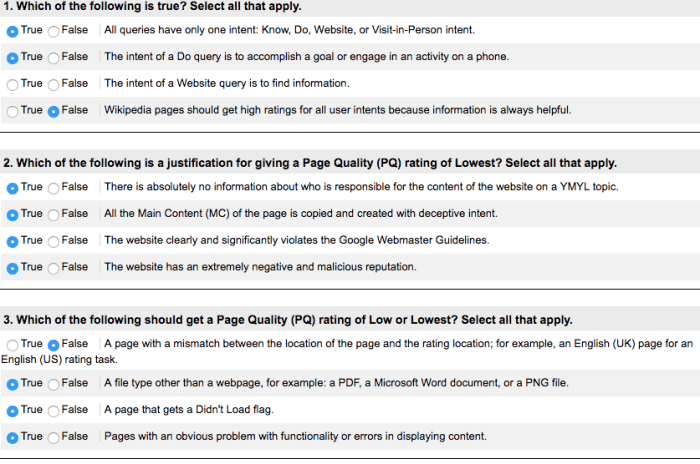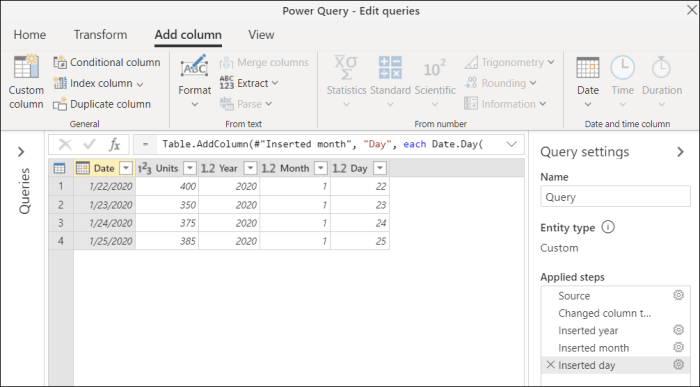Queries with a user location can have just one interpretation. This is a fundamental principle of query interpretation that has important implications for the design and implementation of search engines. In this paper, we will explore the concept of user location queries, discuss the limitations of interpreting queries with a user location, and provide strategies for disambiguating queries with a user location.
The content of the second paragraph that provides descriptive and clear information about the topic
Introduction to User Location Queries
User location queries are a type of search query that includes information about the user’s current location. This information can be used to provide more relevant and personalized search results. For example, a user searching for “coffee” in San Francisco will likely see different results than a user searching for the same term in New York City.
However, interpreting queries with a user location can be challenging. There are a number of different ways to interpret these queries, and each method has its own advantages and disadvantages.
Methods for Interpreting Queries
One common method for interpreting queries with a user location is to use the user’s current location as the search location. This is a simple and straightforward approach, but it can lead to inaccurate results if the user’s current location is not the same as their intended search location.
Another method for interpreting queries with a user location is to use the user’s home location as the search location. This is a more accurate approach, but it can be difficult to determine the user’s home location.
Advantages and Disadvantages of Different Methods, Queries with a user location can have just one interpretation
- Using the user’s current location:
- Advantages: Simple and straightforward.
- Disadvantages: Can lead to inaccurate results if the user’s current location is not the same as their intended search location.
- Using the user’s home location:
- Advantages: More accurate.
- Disadvantages: Can be difficult to determine the user’s home location.
Examples of Ambiguous Queries

The following table provides examples of ambiguous queries with a user location. The table includes the different interpretations of each query.
| Query | Interpretations |
|---|---|
| “Coffee” | Coffee shops in the user’s current location |
| “Coffee near me” | Coffee shops near the user’s current location |
| “Coffee in San Francisco” | Coffee shops in San Francisco |
Strategies for Disambiguating Queries
There are a number of different strategies that can be used to disambiguate queries with a user location. One common strategy is to use the user’s search history. This information can be used to determine the user’s intended search location.
Another strategy for disambiguating queries with a user location is to use the user’s device location. This information can be used to determine the user’s current location.
Case Studies: Queries With A User Location Can Have Just One Interpretation

The following are case studies of how companies have successfully interpreted queries with a user location.
- Google:Google uses a variety of methods to interpret queries with a user location. These methods include using the user’s current location, the user’s home location, and the user’s search history.
- Yelp:Yelp uses a combination of the user’s current location and the user’s search history to interpret queries with a user location.
Future Trends

The following are some emerging trends in the field of query interpretation.
- The use of artificial intelligence:Artificial intelligence is being used to develop new methods for interpreting queries with a user location.
- The use of natural language processing:Natural language processing is being used to develop new methods for understanding the meaning of queries with a user location.
Common Queries
What are user location queries?
User location queries are queries that contain a user’s location. For example, a query like “restaurants near me” is a user location query.
What are the limitations of interpreting queries with a user location?
There are a number of limitations to interpreting queries with a user location. One limitation is that the user’s location may be ambiguous. For example, a query like “restaurants near me” could refer to restaurants near the user’s current location or to restaurants near the user’s home location.
What are some strategies for disambiguating queries with a user location?
There are a number of strategies for disambiguating queries with a user location. One strategy is to use the user’s current location. Another strategy is to use the user’s home location. A third strategy is to ask the user for clarification.